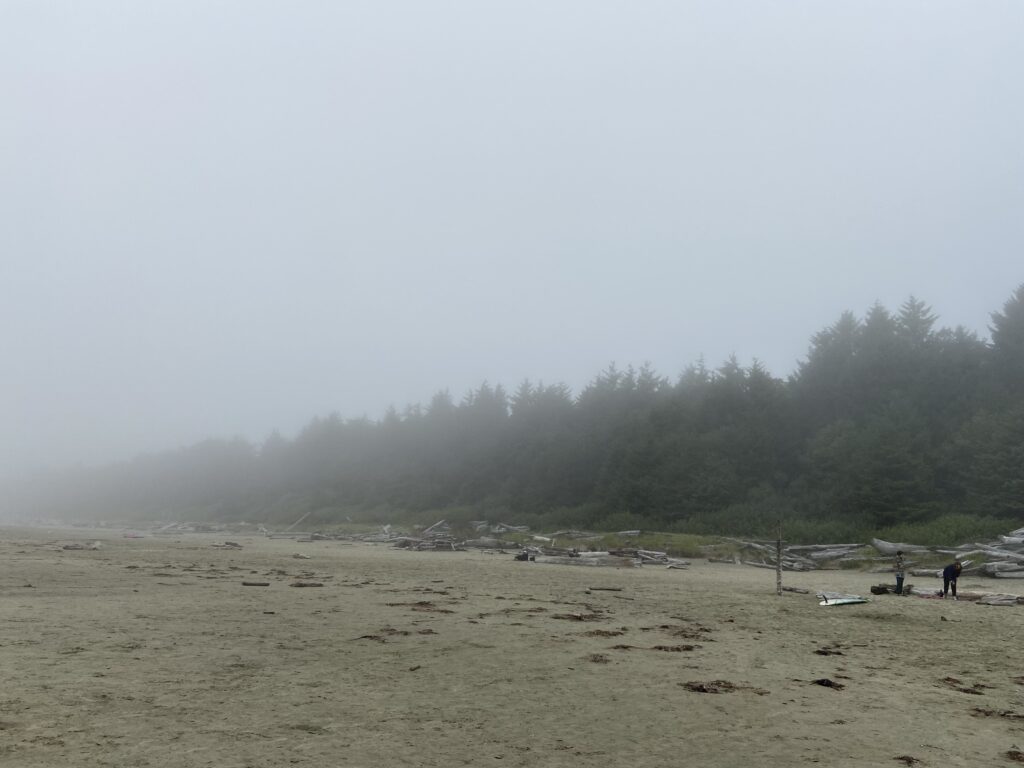
Growing up in a small town has shaped me into the person I am today. As I grew up in a town that was a destination for many due to its beauty and nature, it attracted many teachers who enjoyed their work because in part they enjoyed where they lived. As a child who had always hated school it was not until High school where I was able to focus on the things that peaked my interest, primarily social studies and art classes. Due to smaller class sizes, this allowed my teachers to guide my path through a Constructivist lens.
My most memorable learning experience was in my grade 12 year, I had applied to universities and was striving for a 4.0 average. I decided that I would take up Calculus. That turned into a very bad decision as I had no real focus or interest in math or formulas in this calibre. My exceptional art teacher Mr. Randall offered me the opportunity to take a one on one class called Genocide studies, where he would require me to write formal papers using citations and research. In my whole education path I had never even seen or heard of the word ‘citation’. Obviously this was only the beginning of what I would discover. And so on a whim I agreed to Mr.Randall’s class. This course opened my perspectives to the world around me, not just the realm of politics, colonialism and genocide. His kind gesture allowed me to expand on my potential and capabilities which I had never know I could achieve. To this day this will forever be one of my favourite classes I ever took as it demanded such discipline but it sparked my passions. For this I will forever be grateful for Mr. Randall.
With the support of my education course that I am currently taking, I am able to see the methods that Mr.Randall had used. The Cognitivist approached that was applied encourages a learner to develop deep connections between the process and solutions, not focusing on the nitty gritty details1. Anchored in the involvement of authentic tasks, this approach divides knowledge in order to inform but also build a critical consumer complex, breaking down each idea and finding a solution2. Cognitivist ways of learning from my own personal experience allowed me an open and non judgemental space that continues to impact the way I problem solve and create, for this I will always be grateful.
1Peggy A. Ertmer, and Timothy Newby., Behaviorism, Cognitivism, Constructivism: Comparing critical features from an instructional design perspective ( Performance Improvement Quarterly, 2013), 7–9.
2Peggy A. Ertmer, and Timothy Newby., Behaviorism, Cognitivism, Constructivism: Comparing critical features from an instructional design perspective ( Performance Improvement Quarterly, 2013), 7–9.
Bibliography Peggy A. Ertmer, and Timothy Newby. “Behaviorism, Cognitivism, Constructivism: Comparing critical features from an instructional design perspective.” Performance Improvement Quarterly,7–9. 2013.
Leave a Reply